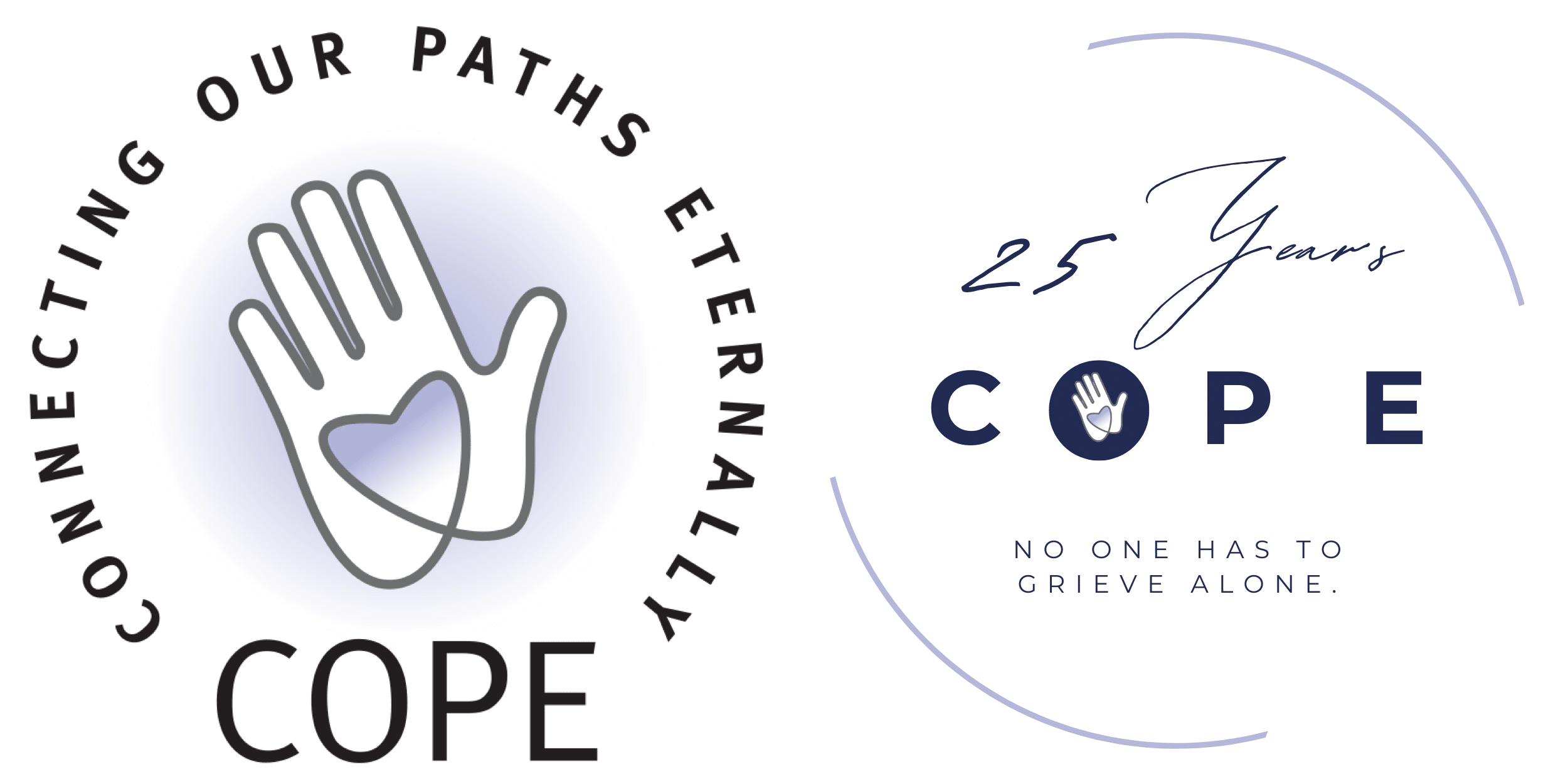In the digital age, technology is likely used throughout the day to accomplish tasks and connect with others. Whether for work, keeping up with current events, listening to podcasts, utilizing social media or taking pictures with mobile phones, technology is integral to daily living. With all these tech interactions, it makes sense that the medium is often used for people to express their grief. There are many downsides to an increasingly digital society, but our healing tip this month will focus on positives concerning the intersection of technology and grief.
Grief can have a cognitive impact, leaving one forgetful, feeling frazzled about the to-do list, and experiencing brain fog. Many grievers express they do not feel the sharpness and ability to pay attention to detail that they once had before their special person died. Some turn to writing notes in their phones, setting alarms, and using software like ChatGPT to help organize thoughts and remember important things to do. These tools usually help individuals gain practical assistance with managing chores or just keeping up with their responsibilities.
Grief does not just affect the body cognitively but in a myriad of other ways. Some people want to keep track of their changes, connect with their special person or document what they are experiencing in their grief. Traditional journaling may not be a method that speaks to everyone. There are a variety of apps that encourage individuals to digitally write down their thoughts and come with questions that may prompt deeper reflection during times of stress. Many apps aid users in developing or tracking coping practices like meditation, movement and engaging in moments of mindfulness.
The digital age gives individuals more access to readily available grief resources. It is easy to find reputable grief organizations that compile resources and/or make tools for education about grief. If websites are not your style, there are many organizations with thriving social media pages, providing testimonials, short videos and tips about coping with grief. Seeing comments from other individuals going through similar experiences can make grievers feel connected because of shared stories. Both organizations and social media platforms can provide free learning opportunities (i.e. workshops) about grief and its impact.
Individuals also electronically connect with others experiencing grief through support groups. Peer support groups, groups led by professionals, and grief community events often have virtual options for those who prefer online meetings or cannot make in-person meetings. Support groups are intended to create safe spaces for grievers to talk about their journeys and assist each other on anniversaries, birthdays, holidays, and everything in between. Group members can discuss common threads in their grief, unique aspects, center validation, foster connections and encourage positive coping mechanisms.
The internet can also influence and encourage an exchange of ideas on ways to honor those who have died. I’m often in conversation with people wondering how to hold a memorial for their significant person or remember them with rituals and things the deceased enjoyed. Blogs, websites, memorial pages, online stores can inspire and serve as places to purchase objects for commemoration. Local artists, craftsmen, and mainstream companies often utilize the internet to sell everything from handmade treasures to manufactured goods for large memorial gatherings.
No matter where you are in your grief journey, technology can be of benefit. Whether helping you stay organized, connecting you to other grievers or providing education to navigate the ups and downs of grief, the digital space can be of use. As always, lean into what works for you.
Wishing you a peaceful month.
Rashida Sanchez, MA, LMSW, FT

